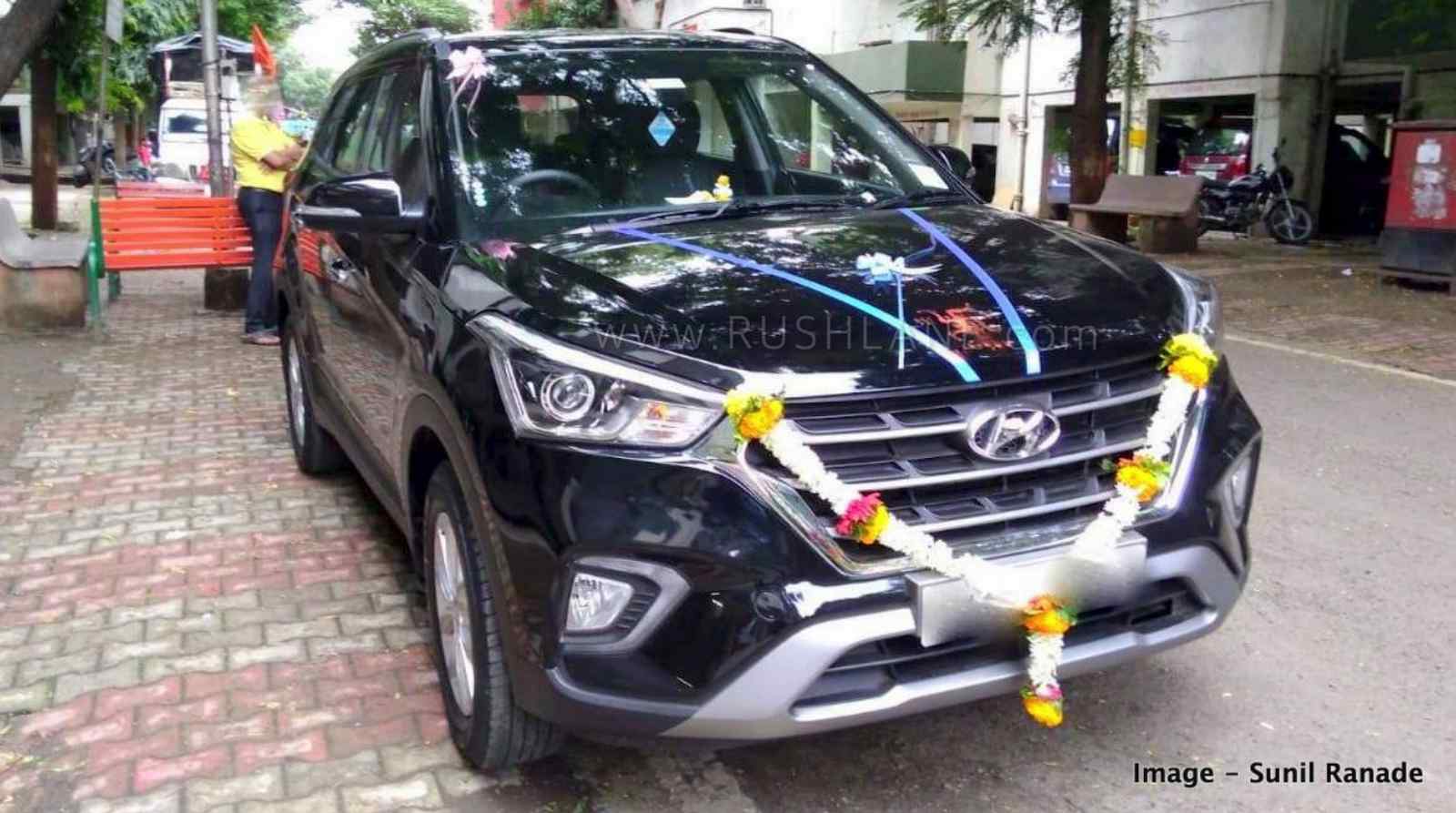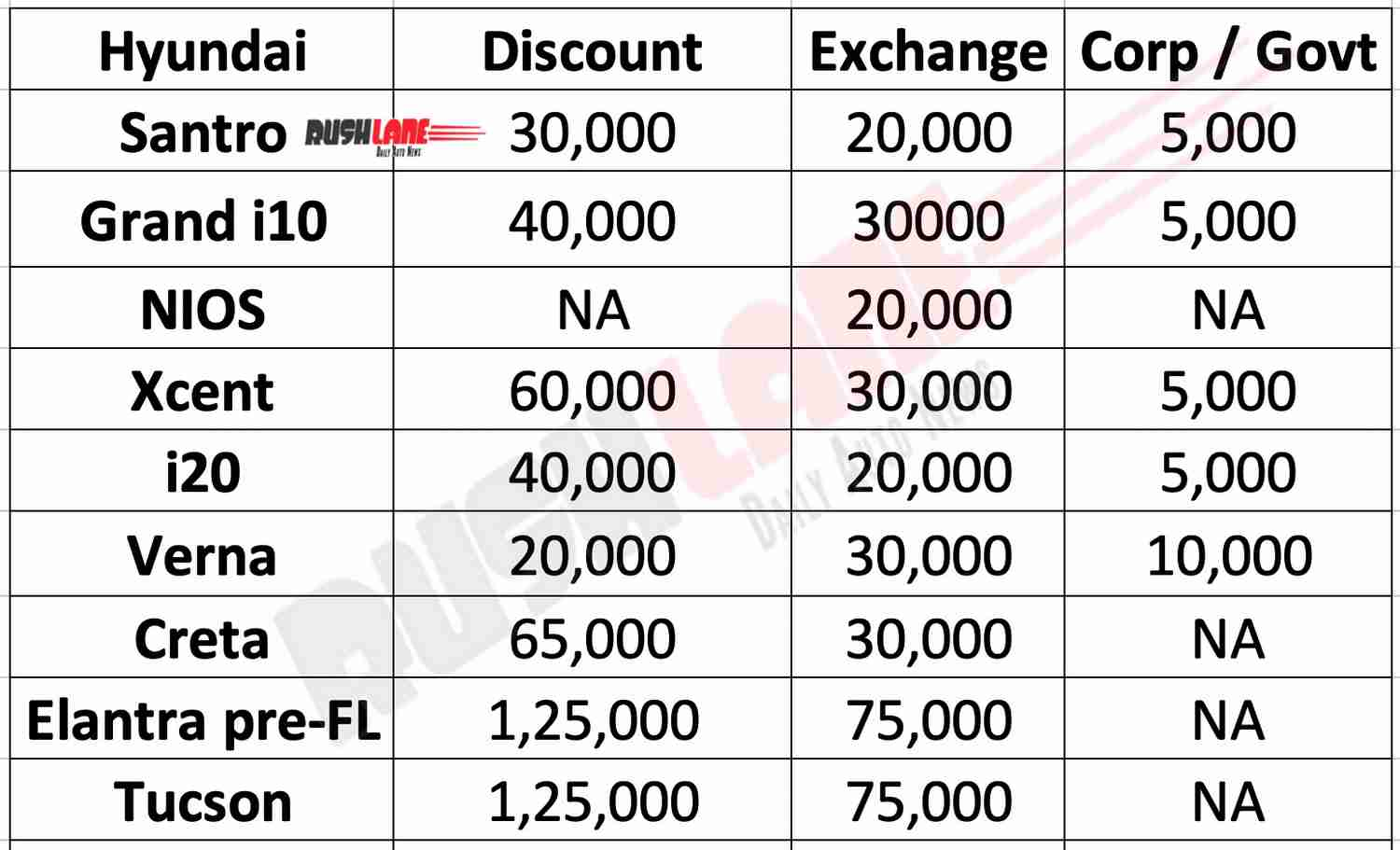
Hyundai Motor India Limited (HML) has announced a price hike across its product portfolio, effective from the start of next year. All Hyundai cars, including Elite i20, Grand i10, Creta, Venue, Xcent, Verna, etc will get price hike.
The automotive brand, originating from South Korea, shares that high input and material costs are the primary factors that have led to this decision. Hyundai is not the only brand that has announced a price hike for the upcoming year and we have shared similar news on Tata Motors and Maruti Suzuki.
The company has not shared the exact hike figure for its 2019 MY units, but has confirmed that it will depend on the vehicle segment. Simply put, the price hike for the Hyundai Santro will be much less compared to that of the Creta, but expect it to start from at least Rs 10,000 to Rs 15,000.

Hyundai India currently sells 12 models across various segments, which includes the latest Grand i10 Nios hatchback and the all-electric Kona 5-seater SUV as well. With more than 500 dealers and 1300 service outlets across the span of India, Hyundai is one of the most popular choices among the masses. At present, it is the second-most successful car brand in the country; inching closer to the likes of Maruti Suzuki each year.
Even though the line, “high input and materials costs” has become a cliche statement to reason a price hike, things are a bit different now. The updated BS6 emission norms will come into effect from the start of April 2020 and major manufacturers (regardless of the vehicle segment) have been busy upgrading their portfolio to the new norms.
Complying to BS6 norms is not an easy task for automotive brands. For starters, the level of engine-redesign required is so immense (especially for diesel engines) that certain manufacturers have decided to ditch their existing BS4 units for newer or borrowed BS6 power plants.
For small-capacity vehicles such as entry-level two-wheelers and three-wheelers, BS6 compliance may not take a heavy toll on revenue since the engine modifications required are relatively less. In most cases, a new fuel-injection system and exhaust system could do the job.
The new set of BS6 emission norms is an important feat for the Indian automotive industry as the country is currently witnessing a major push towards cleaner forms of mobility in private as well as public transportation sector. While an efficient electric mobility ecosystem is still far from being a reality, concerned authorities are trying their best to make a smooth shift to eco-friendly modes of transport.

